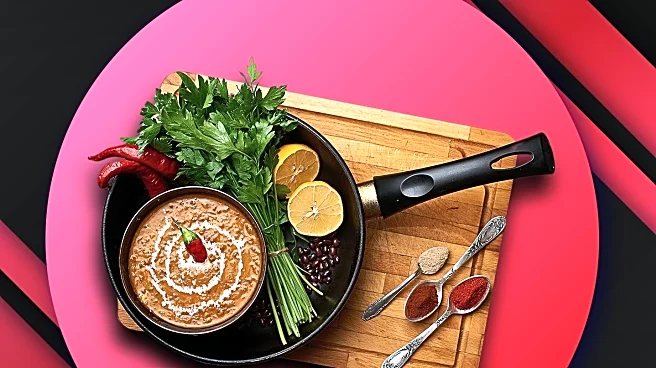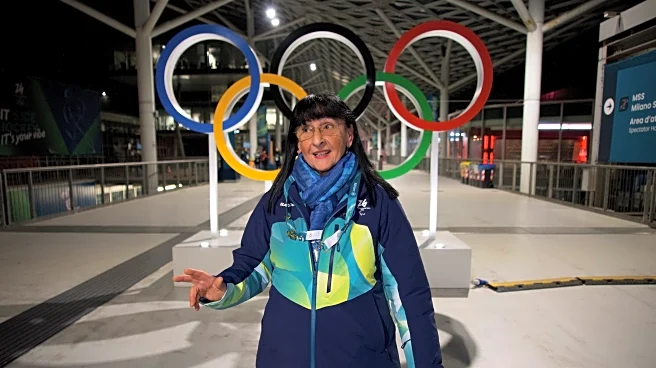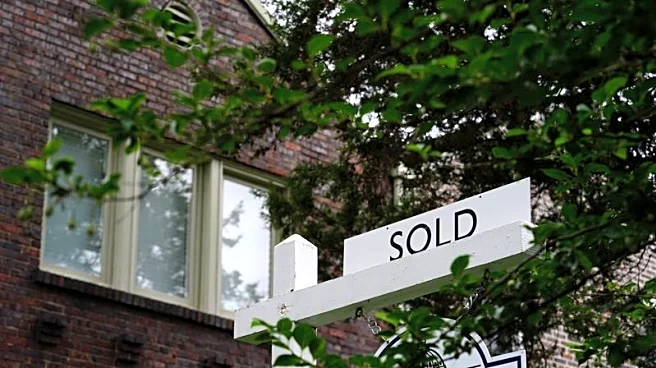What's Happening?
The '137 Club' is gaining traction among culinary enthusiasts, particularly within the sous vide community on Reddit. This trend revolves around cooking steak at precisely 137°F, a temperature believed to enhance flavor and tenderness, especially in fattier cuts like ribeye. The method is celebrated for its ability to transform even cheaper cuts into restaurant-quality dishes. The concept has sparked significant discussion online, with numerous threads dedicated to its merits. CNET's exploration into this trend involved testing the method against traditional grilling and other sous vide temperatures, revealing varied preferences among taste testers.
Why It's Important?
The rise of the '137 Club' highlights a growing interest in precision cooking techniques among home chefs, driven by the accessibility of sous vide technology. This trend could influence consumer behavior, increasing demand for sous vide equipment and impacting the culinary market. It also reflects a broader shift towards scientific approaches in cooking, where data and experimentation guide culinary practices. For the food industry, this could mean a shift in how products are marketed, focusing on the science of cooking to appeal to informed consumers. Additionally, it underscores the role of online communities in shaping culinary trends.
What's Next?
As the '137 Club' continues to gain popularity, it is likely that more home cooks will experiment with this method, potentially leading to further innovations in sous vide cooking. Manufacturers of sous vide equipment may capitalize on this trend by developing new products or features that cater to precision cooking enthusiasts. Additionally, culinary schools and cooking classes might incorporate these techniques into their curricula, reflecting the growing importance of scientific cooking methods. The trend could also inspire further research into optimal cooking temperatures for various meats, contributing to the body of culinary science.
Beyond the Headlines
The '137 Club' phenomenon raises questions about the cultural significance of cooking methods and the role of technology in the kitchen. It challenges traditional cooking techniques, prompting discussions about the balance between innovation and culinary heritage. The trend also highlights the democratization of culinary knowledge, as online platforms enable widespread sharing of techniques and experiences. This could lead to a more informed and adventurous cooking public, willing to experiment and push the boundaries of traditional cooking norms.











